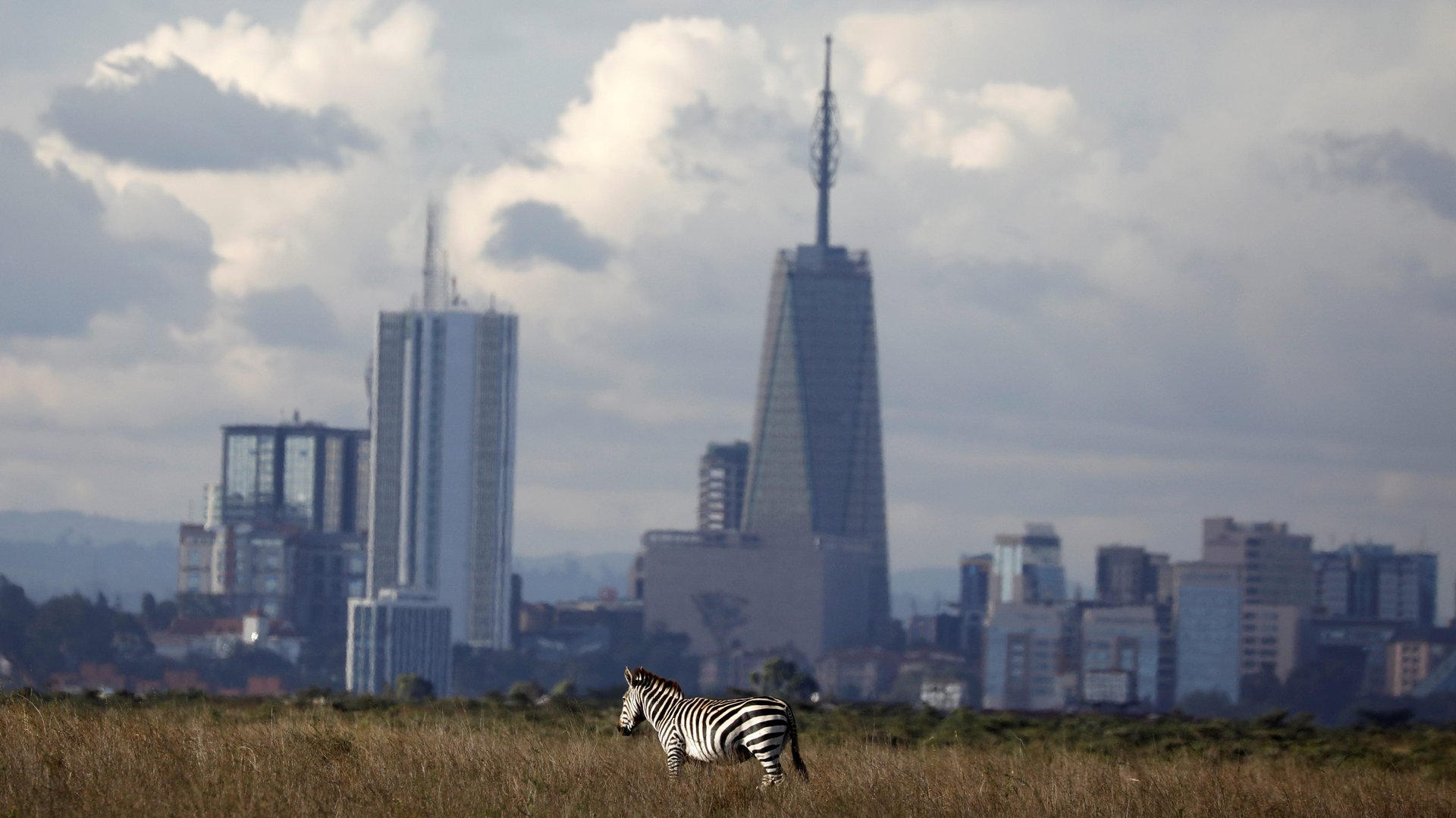Sub-Saharan Africa is projected to recover slowest from the covid-19 pandemic
Just as the covid-19 pandemic had different impact in different places, the recovery process will be unequal. Some countries’ economies will go back to pre-pandemic levels sooner but others will have to wait longer.


Just as the covid-19 pandemic had different impact in different places, the recovery process will be unequal. Some countries’ economies will go back to pre-pandemic levels sooner but others will have to wait longer.
Sub-Saharan Africa’s economy is projected to grow by 3.7% this year, but this will be the slowest among the world regions, as advanced markets grow by more than 5% and other emerging markets and developing countries grow by more than 6%, according to the International Monetary Fund (IMF.) The lender attributes sub-Saharan Africa’s lagging growth to slow vaccine rollout and differences in policy.
The projections are in the IMF’s latest Regional Economic Outlook for Sub-Saharan Africa. The lender has revised up its 2021 growth projection from its April forecast of 3.4%, mainly due to better-than-expected prospects for non-oil resource-intensive countries. In contrast, it has revised down growth for 2022, from the April 2021 forecast, due to worse-than-expected prospects for non-resource-intensive countries.
The pandemic is widening an income gap
Already, the pandemic is widening the income gap between sub-Saharan Africa and the rest of the world, so this news indicates that this divergence will continue for some time.
Africa has been hard-hit by the pandemic. The continent has recorded more than 8 million cases and 216,000 deaths from the disease. To fight the pandemic, countries on the continent have resorted to measures such as lockdowns, curfews and travel restrictions, which have greatly impacted economies. Last year, sub-Saharan Africa’s economy registered a record contraction of 1.9%. The crisis has been exacerbated by a shortage of vaccines in the continent.
Lenders have tried to cushion African economies by providing billions of dollars in financial support and debt service relief. But Africans have been critical of some of this financing, citing mismanagement of the funds by their governments and the increasing debt load for the countries.
The IMF attributes the projected 3.7% growth this year to improvement in trade and commodity prices, and improved harvests that have increased agricultural production.
However, it says, the outlook for sub-Saharan Africa remains “extremely uncertain” and recovery depends on the progress in the fight against covid-19 and is also going to be affected by disruptions in global activity and financial markets.
“As sub-Saharan Africa navigates through a persistent pandemic with repeated waves of infection, a return to normal will be far from easy,” Abebe Aemro Selassie, director of the IMF’s African Department, said in a press release.
IMF director says African countries have debt vulnerabilities
Selassie notes that increasing debt vulnerabilities are a concern for sub-Saharan African countries. The lender predicts public debt to decline to 56.6% of GDP in 2021, but this is high compared to a pre-pandemic level of 50.4% of GDP. As a result, he says, many African countries will have to undertake fiscal consolidation.
In light of the bleak economic situation in sub-Saharan Africa, Selassie said policymakers in sub-Saharan Africa face three key fiscal challenges: tackling the region’s pressing development spending needs; containing public debt; and mobilizing tax revenues in situations where additional measures are unpopular.
“Meeting these goals has never been easy and entails a difficult balancing act,” he said.
Churchill Ogutu, a Nairobi-based economist at IC, an investment bank focused on sub-Saharan Africa, said the region’s lagging growth during the pandemic presents it with a “fiscal trilemma.” Governments will have to increase their spending to cushion vulnerable people, yet tax revenue is expected to go down because of the economic growth, so they will continue to increase their debt levels, he explains.
Sign up to the Quartz Africa Weekly Brief here for news and analysis on African business, tech, and innovation in your inbox.